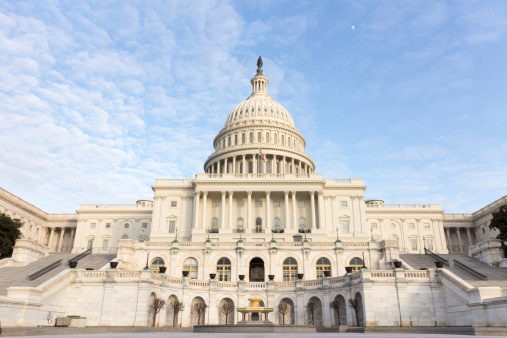Washington, D.C. – Not even two weeks after the U.S. Drug and Food Administration (FDA) issued warning letters to five companies for mislabeling BMPEA (R-beta-methylphenethylamine) as a dietary ingredient; some members of the Senate are calling for the source of the BMPEA, Acacia rigidula, to be looked into by the Federal Trade Commission.
Senators Richard Blumenthal (D-Conn.) and Dick Durbin (D-Ill.) issued a letter to Edith Ramirez, the chairwoman of the FTC, saying that companies are using Acacia rigidula, a plant extract, “to make the use of a dangerous synthetic stimulant known as BMPEA.”
“Scientists have described BMPEA as an alternative to amphetamines, which are potent central nervous system stimulants,” they wrote in the letter. “Amphetamines themselves have been attributed to a wide range of side effects, including increased blood pressure, heart rate, and body temperature; serious cardiovascular complications, including stroke at high doses, suppressed sleep and appetite; and the potential to be addictive.”
For example, Hi-Tech Pharmaceuticals, one of the five companies that were issued warning letters on April 23, has a supplement called Black Widow, whose label reads that it is “so powerful, with its acacia rigidula and ephedra extracts, that all you need to take it one.” Hi-Tech claimed that source of the BMPEA was Acacia rigidula, but FDA said that they found no evidence that BMPEA was a botanical. The company is also fighting allegations that BMPEA is unsafe.
While some of the companies are fighting to have their products remain in stores, at least one store has already removed all products that may contain BMPEA from their stores and websites before FDA issued any warning letters to the manufacturers. As of April 8, The Vitamin Shoppe removed all products containing Acacia rigidula, citing a study published in Drug Testing and Analysis that found that some Acacia rigidula products may also contain BMPEA.
Published on WholeFoods Magazine Online, 5/4/15










